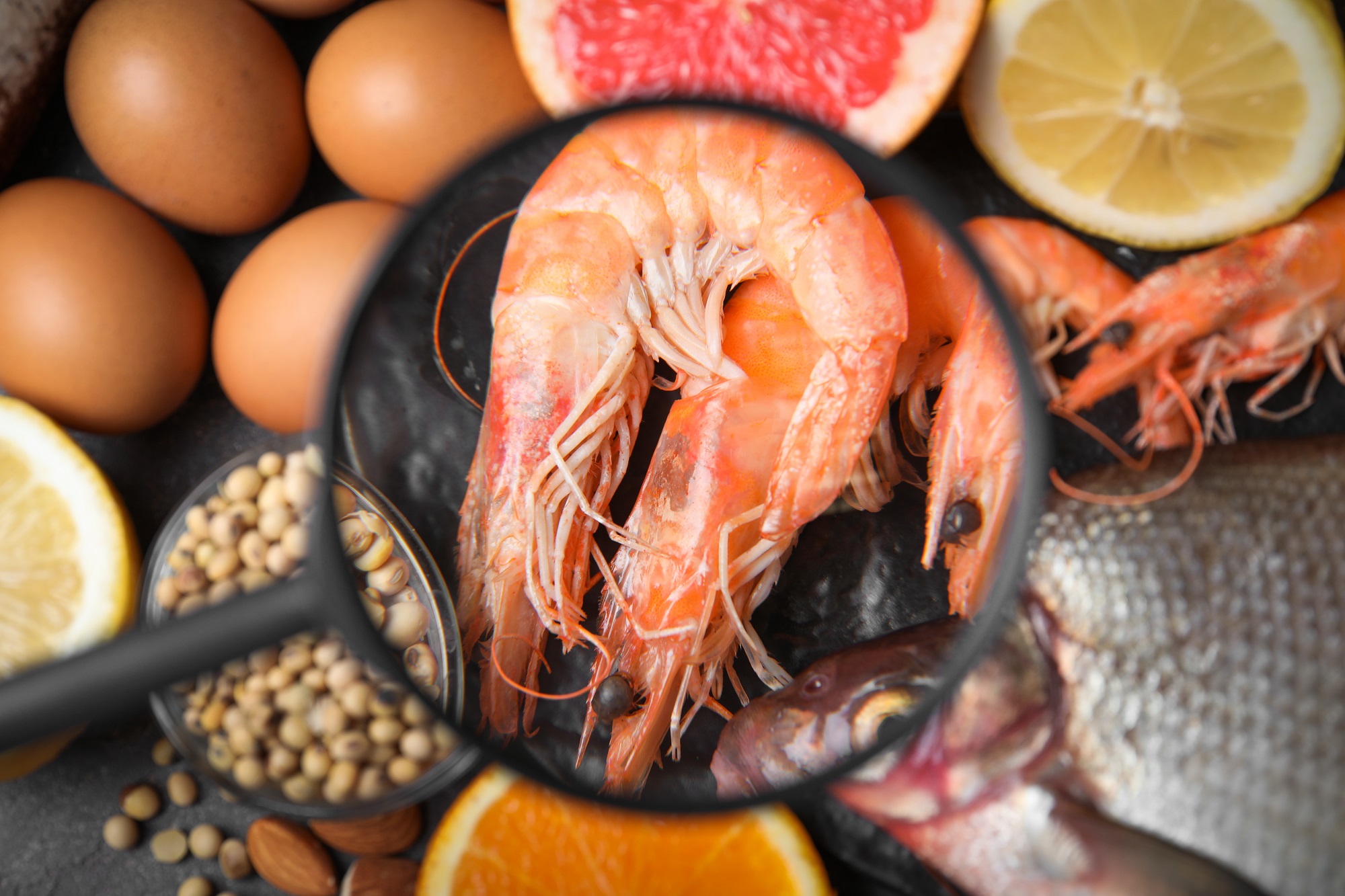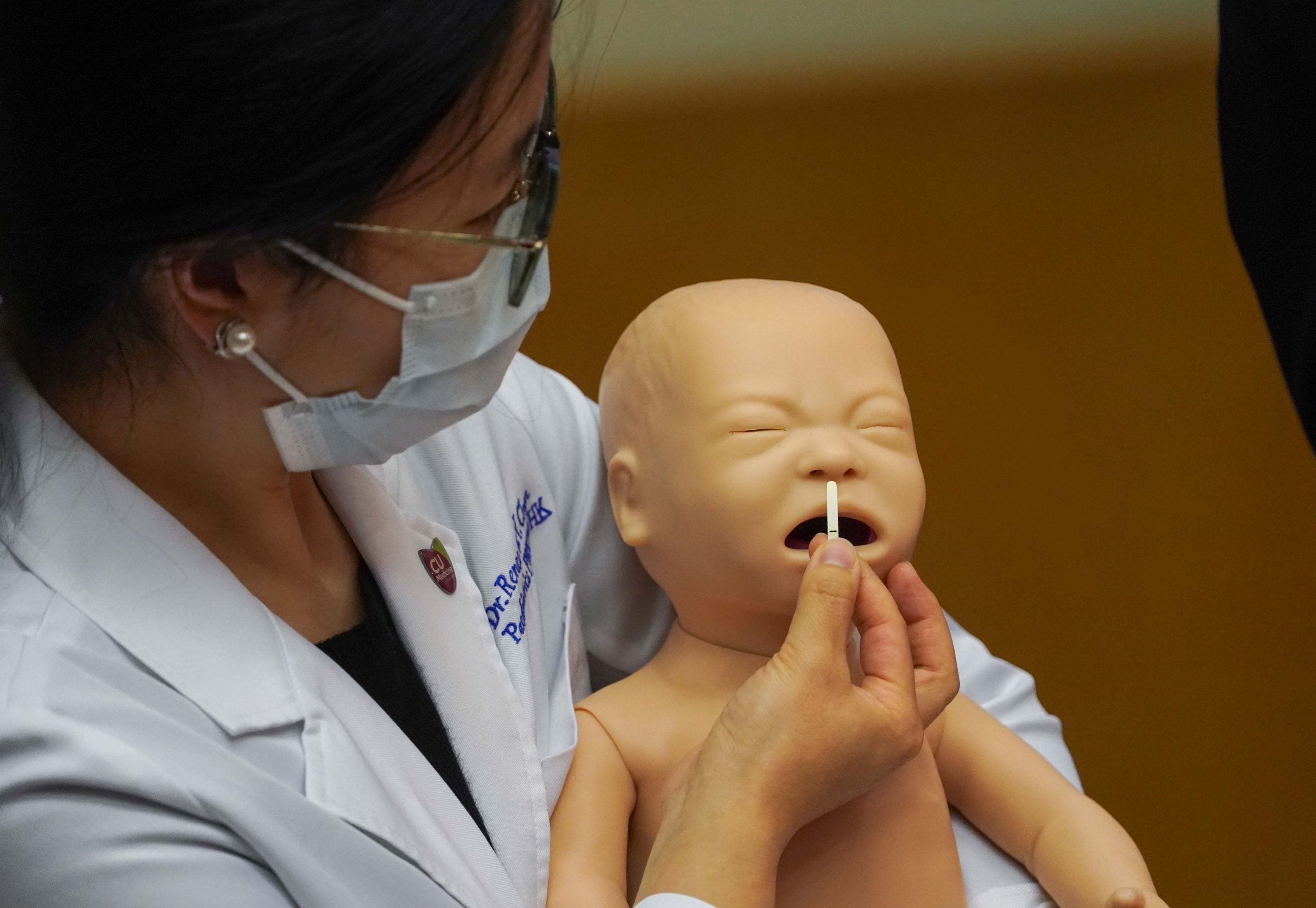English
繁體中文
简体中文

Millions around the world avoid shellfish out of fear of allergic reactions, yet many may be dodging delicious meals unnecessarily. Now, CUHK researchers just unmasked 11 crab allergens—eight of them never seen before—and a king-crab-exclusive protein that appears to sensitise 41% of patients. Their molecular tests aim to promote accurate diagnosis of allergies, paving the way for safer enjoyment of seafood.

Shrimp is one of the most common food allergies in the world, and severe allergic reactions can be life-threatening. But there’s some good news: researchers from CUHK have successfully identified 11 allergens in shrimp, which could help diagnose allergies more accurately. It means that in the future, when someone suspects they’re allergic to shrimp, a component-based specific IgE antibody test could be able to help them.

The bed you lie in, the food you eat - mites are everywhere. For people with mite allergy, they are devils causing itchy skins, shortness of breath, or even triggering severe diseases. Fortunately, a CUHK team has observed the unusual phenomenon on the evolution of astigmatic mites, laying the genomic groundwork for diagnosing and intervening in some dangerous human mite allergies.

Shrimps are common and versatile ingredients that can be included in many popular dishes around the world. However, they can be a nightmare for some of us who suffer from allergic reactions to eating them, including swelling of the face, eyes and lips, and an itchy red rash. An allergic reaction to shrimp can occur at any age, therefore a reliable and accurate diagnostic method for shrimp allergy is essential to avoid severe allergic reactions.

Taking a long time to produce their first words and mixing up similar sounding words like "mother" and "horse" in Cantonese may be indicators of developmental language problems that impact children's social and emotional development as well as academic performance later in life. Therefore, early detection is important, as it allows for early intervention to be prescribed. CUHK has developed a new algorithm to forecast infants’ future language development.

Scared kids gagging on swabs probing into noses and throats or embarrassed old folk trying to heave up saliva has been the unhappy side of COVID-19 testing. Now, a nasal strip sampling for COVID-19 test that is gentle, fast, easy and accurate is on its way for all ages, equaling one of the standard test methods and out-performing the other.